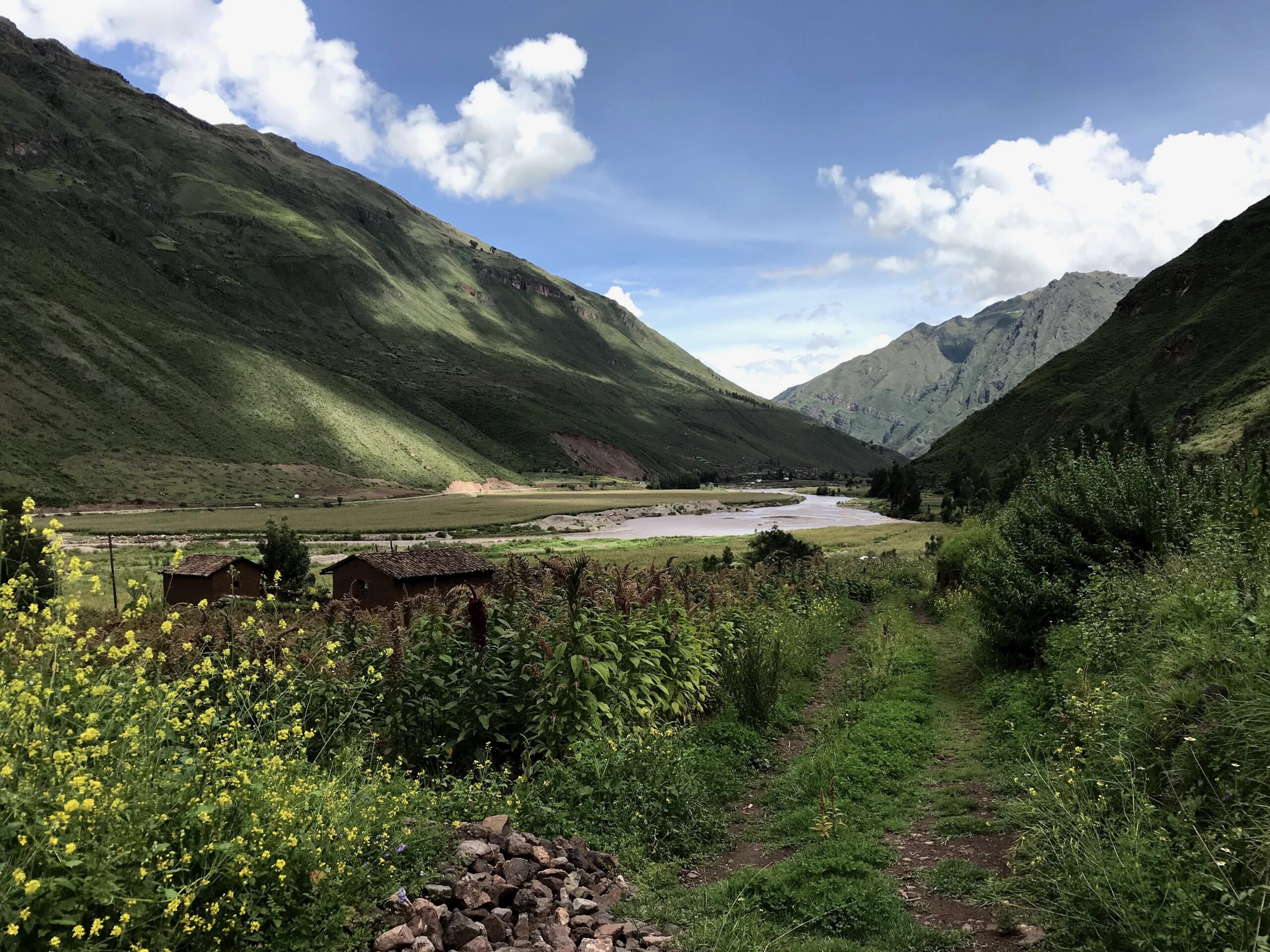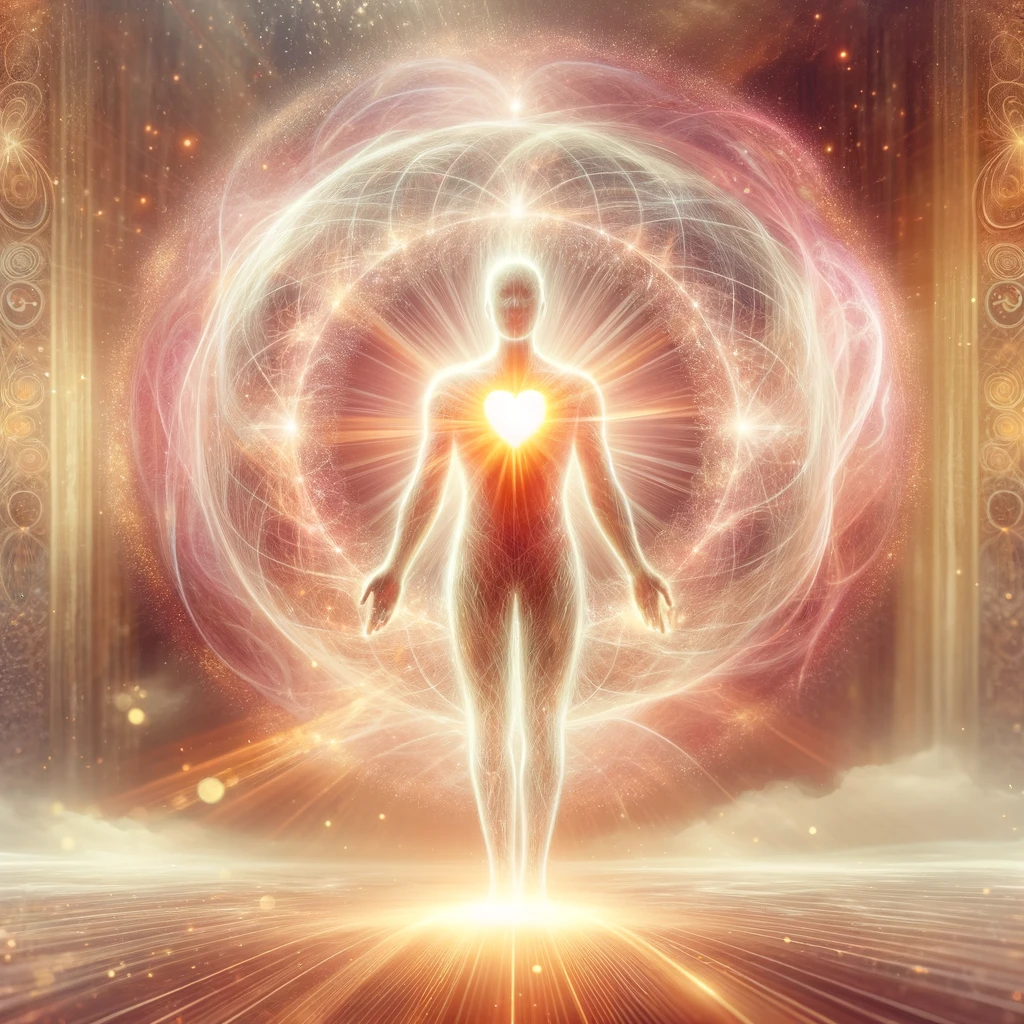The intention I brought to this ceremony was to see the role that guilt plays in my life and the circles I was brought up in, before releasing it. I felt ready to undertake this big theme in one go at this stage, rather than spending endless ceremonies working through individual situations and people. “It’s a big one,” said Javier, as I envisioned a day of nausea and suffering ahead.
 After the last San Pedro ceremony, I was no longer afraid of the capsules, but was mindful to keep sipping water for a short while after taking them to make sure that they had all opened and been absorbed.
After the last San Pedro ceremony, I was no longer afraid of the capsules, but was mindful to keep sipping water for a short while after taking them to make sure that they had all opened and been absorbed.
I lay down and started looking at how guilt featured in my life and how it manifested. My mind was too active so I started with my usual ritual for when I felt “blocked up” and the ceremony wasn’t flowing – I walked around the fire pit and paced up and down the garden for 10 or 15 minutes. The feeling of discomfort was growing and I felt something about to give… and there it was. I was looking for guilt when what I should really have been looking at was what I had come to know as my conscience – that unpleasant feeling that arises when I regret something that I’ve done – guilt. I’d reframed my guilt as “having a conscience” – because that’s a good thing to have, right?
I could see that guilt was a strange and tricky thing – very circular. I felt guilty at the idea of wanting to release guilt! That doesn’t make sense! I realized that guilt was one of the deeper barriers I’d formed. I saw some of the constructs in language used surrounding guilt in my life, the kind of rhetorical questions starting with, “don’t you think you should have..”, “wouldn’t it have been better if…”, “I would really appreciate it if you would…” How much they were intended by the asker to engender guilt, and how much I’d taken them and created my own guilt was irrelevant. The result was an ever-growing bag of guilt and regret.
Coming from a Jewish background in London, I had always known guilt and it was a prominent theme in the particular circles I grew up in. I didn’t feel it in “used” so much in my own family, but I had still absorbed plenty of it from my community as a whole. It would be often be used to maintain the cohesion in families and friendship groups, particularly between mothers and children.
In one go, I felt the guilt of my entire community flow through me along with the pain, fear and suffering it’s used to mask. After this many ceremonies, it’s clear that every barrier and resistance traces back to fear in some way. I was indoors by then and went to the bathroom to vomit, twice.
I lay on the bathroom floor, heavily under the influence of the medicine and looked at some of the other ways that guilt featured in my life. I asked myself why I would automatically say, “I feel so guilty about…” to someone if I felt that I’d possibly wronged them in any way. Putting the honesty cap on, it was simply self preservation. I mean, if I open the exchange with how guilty I feel, I’ve already put myself in the small chair. It’s difficult for them to come back with a criticism, and so I manage the interaction and avoid potential conflict.
Guilt is just another defence mechanism that once served me but doesn’t any longer – just like the themes I’ve dealt with in previous ceremonies. I zoned out to a more expanded awareness and saw guilt as this bizarre little pattern that had formed yet had a powerful effect on my interaction with others. It suddenly seemed totally ridiculous.
I crawled back to the couch and sat up. That feeling of lightness and relief had come over me in the most powerful way so far. “It couldn’t be that easy? This was supposed to be difficult!” Insight after insight followed. I could see how I’d learned these responses to external situations in my life, and would now just roll them out on demand – unconsciously.
I looked back at guilt and found nothing. I ran through past situations that I would or “should” have felt guilty about – nothing. Javier came in a while later and I talked to him, telling him that it had been too easy, but that I just couldn’t find any guilt left to feel. We talked a little and agreed that maybe it wasn’t as difficult as I’d expected (or secretly hoped?). Another lesson hit me that something is only as easy or difficult as I choose to see it as. So nothing is “objectively” anything? This is too much for one day..
I don’t know what “having a conscience” means to other people, any more but to me it now means acting from the space of empathy and compassion – not guilt and fear. To forever bring guilt into my life is just another trick to keep myself small.
My mind was empty, I was in that state of awareness beyond it which has started happening more and more in ceremonies after the issue closer to home has been dealt with. I could see that the only thing limiting my enjoyment of the afternoon was how much I allowed myself to, before the “it can’t be this good” dialogue came up. I sat with it, just noticing each time I would do this, and then return in to the moment. The rest of the ceremony was spent in an expansive joy and happiness. Nothing needed to change in the moment, nothing more or less was needed. It wasn’t an artificial or chemical high, but an empty, infinite, timeless and joyous state beyond highs and thrills of the mind.
The ceremony closed, and I felt alert, refreshed and hungry for dinner!
Other insights I’d written down from the ceremony:
- Of all the things I “should have”, “could have”, or “might have” done, there’s only two things that matter – what I did and what I didn’t do. In fact, that’s false. There’s only what I did, and that’s how I walk my path. There’s an infinite set of possibilities of all the things I didn’t do.
- The human mind doesn’t like infinity – infinite nothingness, infinite possibility, unbounded love. It prefers to reduce it to known absolutes that can be quantified and managed. The mind attempts to do this by stepping in to judge, value, “this is so great”, “this is terrible”, “I hate this” – the minute this happens, the moment has been reduced to whatever “great” or “terrible” is in our thinking minds.
- To say that “this is too much” puts an upper limit on any moment and how much one is willing to surrender to the experience.
- Words are not only highly reductive, but can also be manipulative. Shame and embarrassment was often reframed as modesty, and guilt reframed as conscience.
- For having come to this process with such a fear of insanity – it was becoming painfully clear that I came to this process totally insane.
- In doing this work, it’s good to look for the “because” that’s left off the end of sentences. Rather than “I always feel guilty about having fun,” take one step further into honesty and say, “I always feel guilty about having fun because I believe that I am a bad person and should suffer.”





